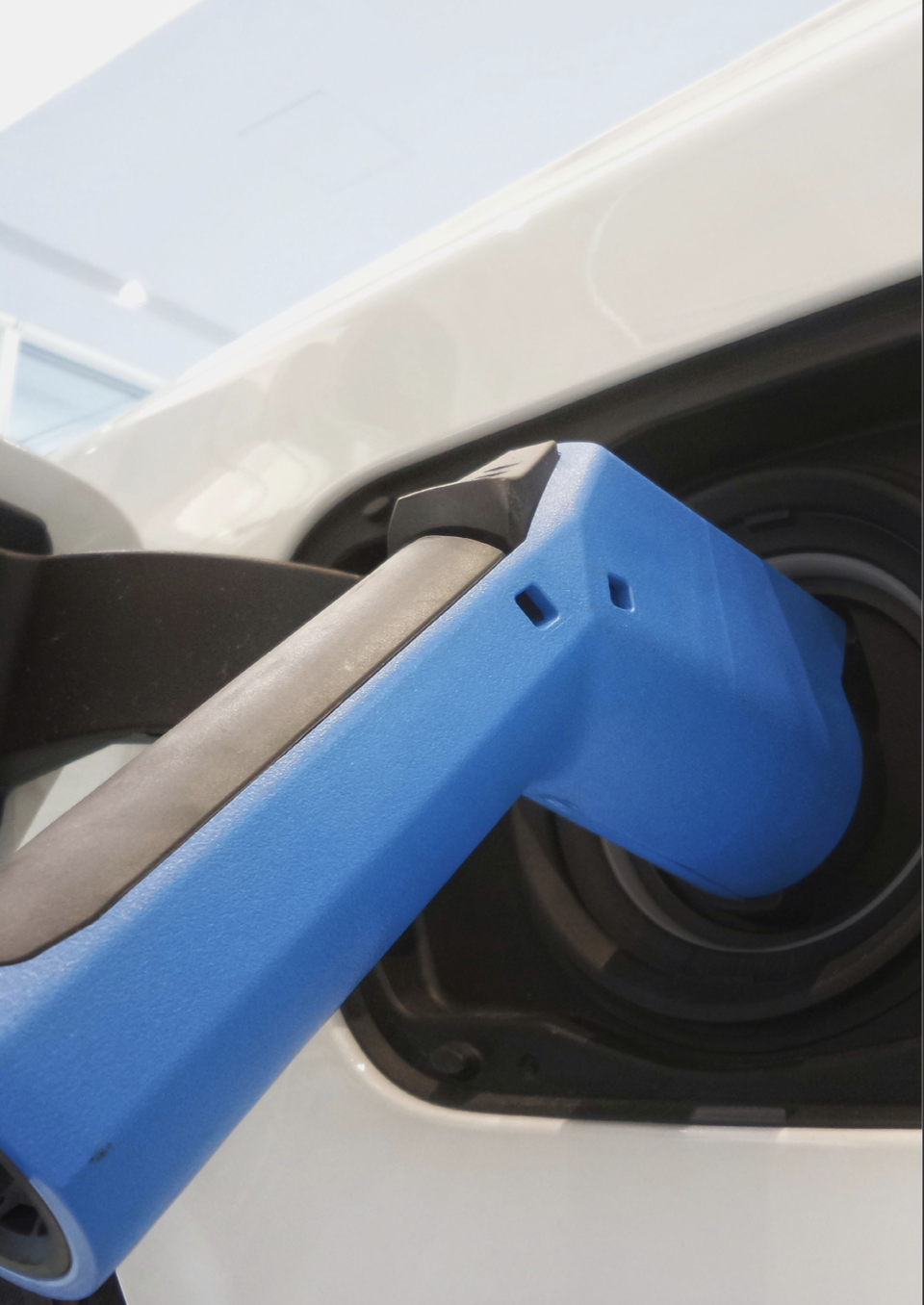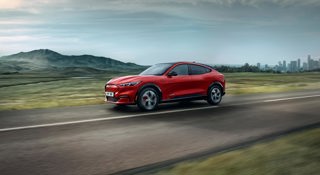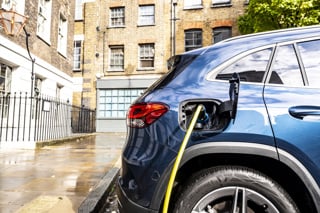More than a quarter (26.7%) of drivers have said they will try to avoid having an electric vehicle (EV) for as long as possible, according the results of a survey by Fleet Evolution.
An electric vehicle attitude survey, carried out by Aston University for the EV salary sacrifice and fleet management firm, has revealed a lack of knowledge and entrenched attitudes that still exist towards EVs
The attitude survey, which went out to around 10,000 drivers, fleet and HR managers, small businesses and private motorists, was designed to gauge views on electric cars and charging infrastructure, vehicle operating costs and the desire to switch to EVs.
When asked about the Government’s ban on the sale of new ICE cars and vans by 2030, some 26.7% of respondents said they would continue to buy used petrol or diesel models for as long as possible after the ban came into force.
The majority of respondents (40%) said the next car they buy would be a diesel, followed by 30% who said electric.
Fleet Evolution founder and managing director, Andrew Leech, said: “There are still a number of misconceptions around EVs, particularly the costs involved, and we found it quite staggering that over a quarter of people surveyed said they would never switch to an EV come what may.
“This is rather at odds with the Government’s decision to embrace an all-electric future as laid out in its Road to Zero strategy as it strives to achieve net zero by 2050.”
When asked what impact the introduction of a local Clean Air Zone would have on their commuting habits, some 32% said it would have no impact as they would choose to pay the charge on their existing vehicle, while a further 21% said they would switch to public transport rather than an EV.
Turning to attitudes to switching to an electric car and the factors that made people hesitate in making the transition, 36% of respondents said cost, 28% said range anxiety and 25% said lack of public charging.
Charging infrastructure was an area where lack of detailed knowledge was clearly apparent amongst most respondents, according to Fleet Evolution.
Two thirds (67%) of those surveyed said they did not live within five minutes of a public charge point. But, when further confidential checks were carried out on their postcodes, it was found that some 40% of those actually had one or more within a five-minute walk of their home.
Leech, added: “It was disappointing that cost was still seen as the major barrier to more widespread EV adoption given the wider availability of more affordable electric models.
“There also seemed to be a genuine lack of awareness that an EV acquired under a corporate salary sacrifice scheme is extremely cost and tax efficient given the current tax regime which is highly beneficial for electric cars.
“The lack of awareness over charging availability was something we have seen before but overlooks, not only the rapidly growing public charging network, but the benefits of having chargers installed at the workplace.”
> Interested in comparing electric vehicle data? Check out our EV tool.
> Interested in ensuring the efficient use of EVs. Check out our dedicated editorial sections: Insight & policy | EV news | Charging & infrastructure | Costs & incentives | Benefit-in-kind | EV case studies | EV road tests






















Phil Glover - 14/01/2022 09:45
We've had over 100 years of Internal Combustion Engine development and use. People are used to having the choice between petrol and diesel and they understand the differences and uses (generally speaking). It could be true that an Electric Vehicle isn't the right choice for every driver - after all, we haven't had a 'one size fits all' in the past. If you do big mileage then there is still a lot to be said for the convenience of a diesel car that is capable of 600+ miles from a single tank. Given how much lower CO2 emissions from diesels tend to be in comparison to petrol, it seems a shame to me that EV appears to have replaced diesel when it might have been better to develop more hybrid diesels with EVs replacing petrol cars...